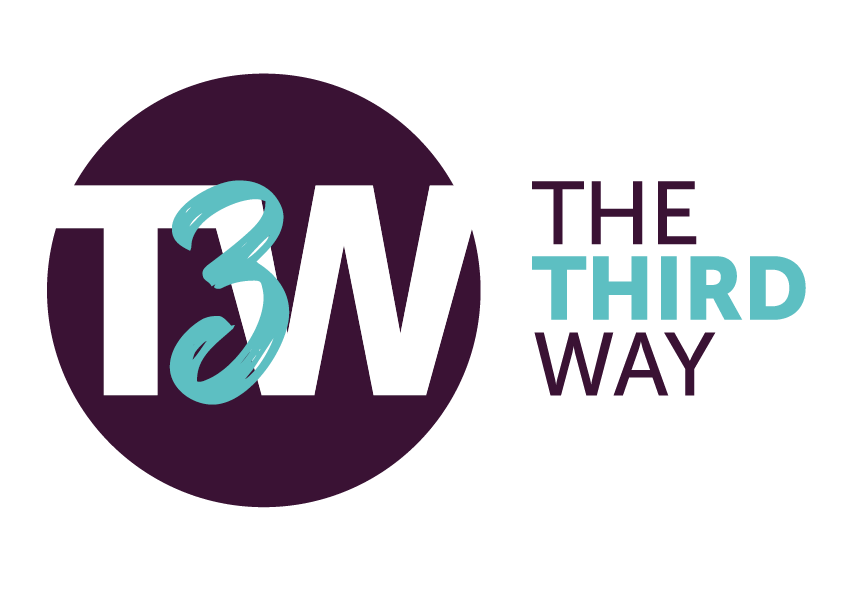Social Marketing: General and Selective Demarketing
Non-profit and state authorities regularly employ marketing to encourage (or discourage) certain good (or bad) human behaviours.
The NAPCAN campaign is an example of General Demarketing, which refers to efforts by organisations towards discouraging (demarketing) demand for a product or a certain behaviour which is harmful to people and society (Kotler and Levy, 1971) 1.
1 Kotler, P. and Levy, S. (1971), “Demarketing, Yes, Demarketing”, Harvard Business Review, 49 (6),74-80
On the other hand, when an organisation is focusing its demarketing efforts on a specific market segment, then selective demarketing occurs. For example, a luxury restaurant could promote itself in such way, in order to avoid teenagers and low-income customers with the aim of attracting only the high-income clients.
There is a variety of tools available to demarket a product or a certain behaviour:
- Higher prices: Decreasing product demand by raising prices through various means (e.g. higher taxes imposed on tobacco.
- Counter-advertising: Promoting images which discourage certain behaviours or consumption of a certain product (e.g. advising people of the consequences of drinking alcohol and driving).
- Limiting advertising: Limiting any form of influential advertising, which is considered harmful for public safety and health (e.g. prohibiting tobacco advertising on television).

Reflection: Lego drops Shell deal after Greenpeace protests
A 2014 Greenpeace campaign on YouTube entitled "Everything is NOT Awesome" accomplished convincing toymaker Lego to end its partnership with Shell in order to protect its public image and simultaneously reduce social acceptance of oil companies involved in Arctic oil spills.






